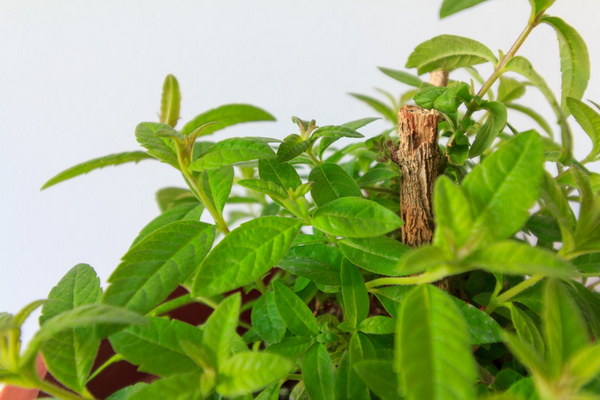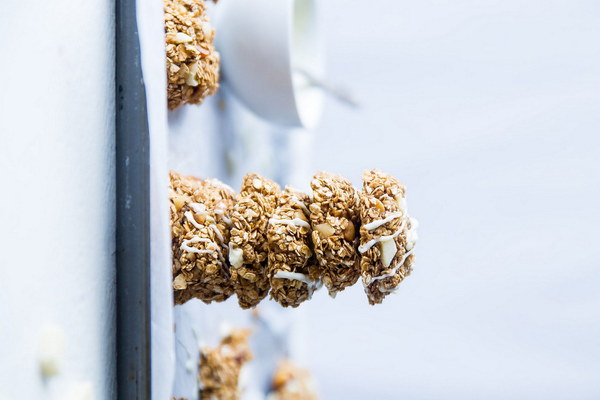Nurturing One Kidney Essential Tips for Kidney Health
Introduction:
Kidneys play a vital role in maintaining our overall health. As our body's filtration system, they filter waste and toxins from the blood, regulate fluid balance, and help control blood pressure. Unfortunately, many people are not aware of the importance of maintaining kidney health and may unknowingly put their kidneys at risk. If you are living with one kidney, it is crucial to take extra precautions to ensure optimal kidney function. In this article, we will discuss essential tips for nurturing one kidney and maintaining kidney health.
1. Stay hydrated:
Proper hydration is vital for kidney health. When you drink enough water, your kidneys can effectively filter waste and toxins from your body. Aim to drink at least 8 glasses of water per day, and adjust your intake based on your activity level, climate, and overall health.
2. Maintain a balanced diet:
A balanced diet rich in fruits, vegetables, whole grains, lean proteins, and healthy fats can help support kidney function. Avoid high-sodium foods, as excessive sodium can lead to high blood pressure and kidney damage. Additionally, limit your intake of processed foods, as they can be high in additives and preservatives that may harm your kidneys.
3. Exercise regularly:
Regular physical activity can help improve your overall health and reduce your risk of kidney disease. Exercise increases blood flow, which can help your kidneys filter waste more effectively. Aim for at least 150 minutes of moderate-intensity aerobic exercise or 75 minutes of vigorous-intensity aerobic exercise each week, along with muscle-strengthening activities.

4. Manage blood pressure:
High blood pressure is a significant risk factor for kidney disease. To maintain healthy blood pressure levels, follow a heart-healthy diet, limit your intake of caffeine and alcohol, and manage stress. If necessary, consult with your healthcare provider about medication options to help control your blood pressure.
5. Monitor your blood sugar levels:
Diabetes is another leading cause of kidney disease. If you have diabetes, it is crucial to monitor your blood sugar levels regularly and follow your healthcare provider's recommendations for managing your condition. This may include medication, lifestyle changes, and regular check-ups.
6. Avoid smoking and secondhand smoke:
Smoking can increase your risk of kidney disease and worsen the condition if you already have it. If you are a smoker, consider quitting to improve your kidney health. If you are exposed to secondhand smoke, try to avoid it as much as possible.
7. Limit exposure to certain toxins:
Toxins such as heavy metals, certain medications, and industrial chemicals can harm your kidneys. Be cautious when handling these substances, and always follow safety guidelines. If you have concerns about potential exposure, consult with your healthcare provider.
8. Regular check-ups:
It is essential to schedule regular check-ups with your healthcare provider to monitor your kidney function. Early detection of kidney disease can lead to timely intervention and treatment, which can help preserve your kidney function.
Conclusion:
Nurturing one kidney requires a conscious effort to make healthy lifestyle choices. By staying hydrated, maintaining a balanced diet, exercising regularly, managing blood pressure and blood sugar levels, avoiding smoking and exposure to toxins, and scheduling regular check-ups, you can help protect your kidney health. Remember, taking care of your kidneys is essential for your overall well-being.









